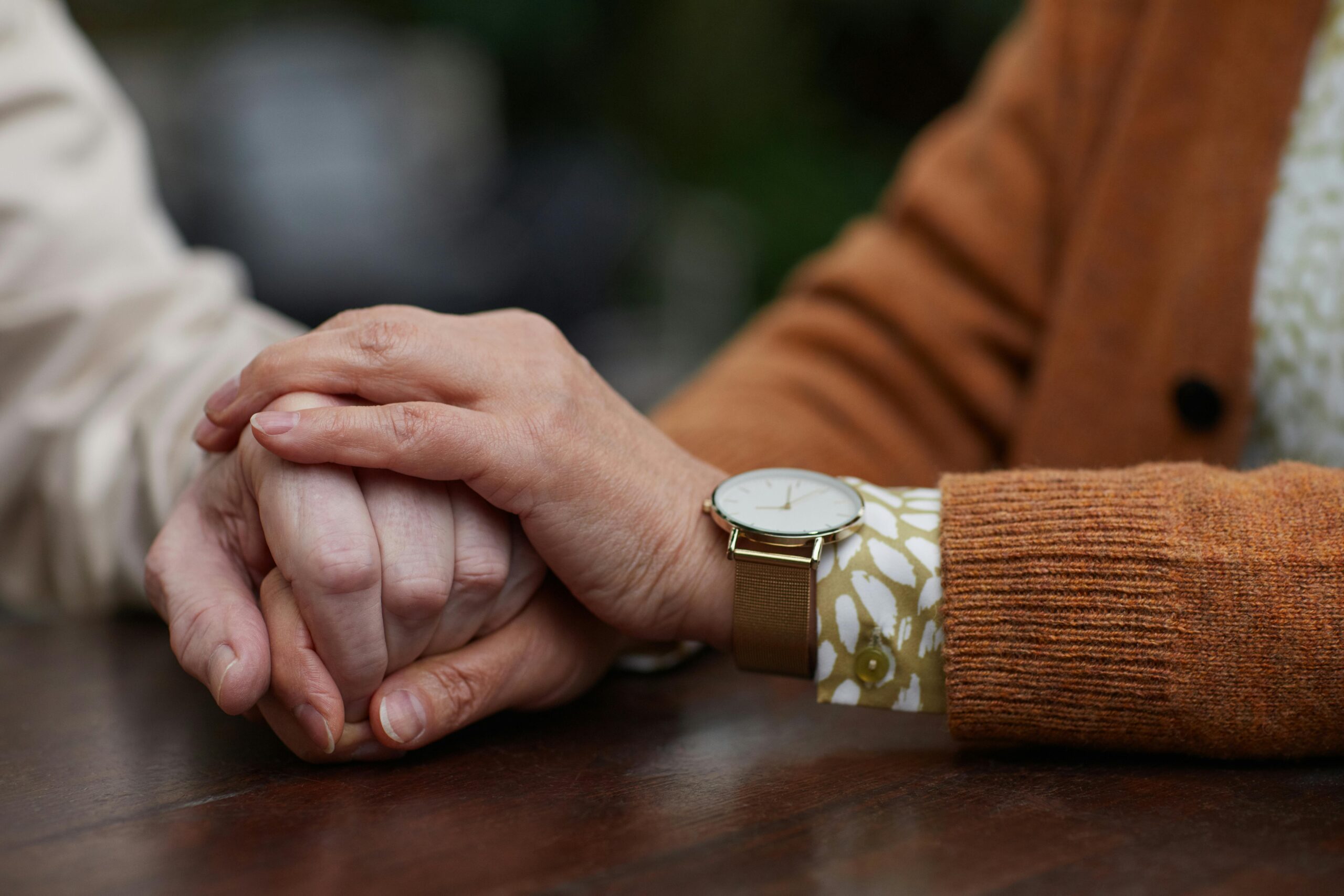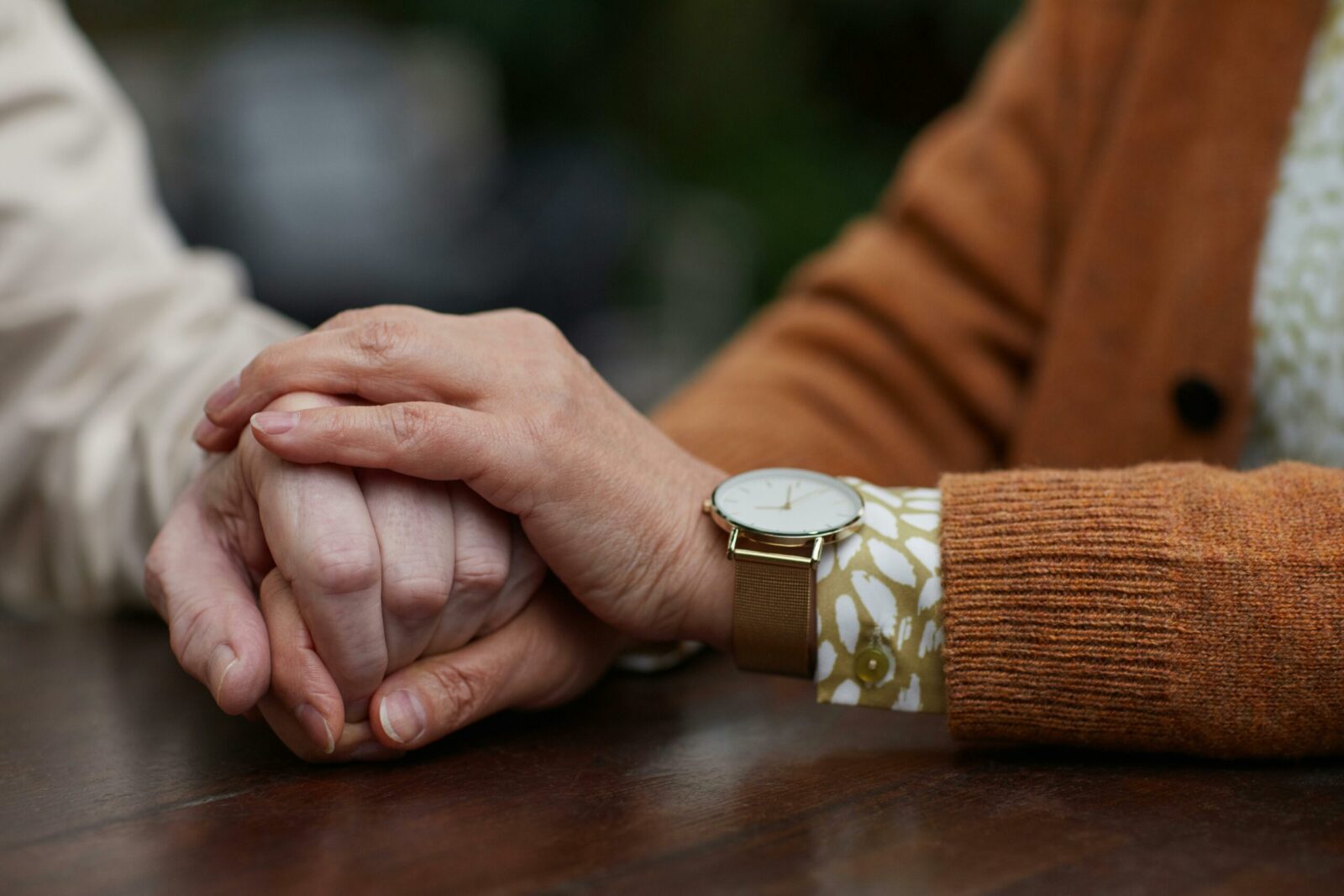Relationships can come in many forms, but relationships start with good friendship
They can be characterised by people who enjoy spending time together, are happy together, look after each other, forgive each other, as well as talk to and listen to one another. A relationship can also be defined as a union.
It’s easier to have a healthy relationship if both people are happy and content with their lives. To maintain a relationship, both parties have to put in the effort. There will be times where one partner needs to be more helpful for the other. Each will have to give more and less at certain times. Balance is what makes a relationship fair and equal.

Having good relationship skills makes this process much easier. Factors that constitute a good relationship include:
- Friendliness
- Fairness
- Respect
- Trust
- Loyalty
- Honesty
- Faithfulness
- Love
- Intimacy
- Care and compassion
- Having time for the other person
- Spiritual closeness.
Friendliness
Friendliness is a way of showing other people that you can be a nice person to be with. Couples who are friendly with each other tend to have a better relationship than those who struggle to get along. Like friends, couples do things for each other, accept one another’s weaknesses and listen to each other.
Fairness
Fairness is about being even and just in a relationship. To be fair with your partner means listening to what they have to say, not using violence or abuse against them and being equal in a relationship.
Respect
When you respect someone, you show that you have high regard for them. To respect your partner means that you admire and value them. People who are treated with respect tend to feel good, and their self-esteem and confidence grows. If you treat your partner with respect, you’re showing them that you’re honouring them.
Trust
In a relationship, trust is about believing in the other person and having confidence in their faithfulness. By trusting your partner, you accept their words and actions without needing proof. Thus, you don’t need to worry about what they may be doing when you’re not around.
Loyalty
In a relationship, loyalty is about being faithful and true to the other person. When two people are loyal to each other they will not allow others to put their partner down in any way, and they’ll never say critical or nasty things about their partner. Partners who are loyal to each other will stick together through good times and hard times.
Honesty
Honesty means being sincere and truthful in everything you do. People who are honest with each other are open and genuine about matters. They don’t keep harmful secrets from each other.
Honesty in one person encourages honesty in the other. When two people are honest with each other their confidence in the relationship grows. If you show that you’re honest, your partner is more likely to trust you. Honesty means that sometimes you must admit to mistakes.
Faithfulness
When you’re faithful to your partner, you don’t hide anything from each other. To be faithful means that you’d never do anything to hurt or betray your partner. Your ability to resist temptation is a sign of your strength of character, and it shows how much respect you have for your partner.
Love
Love is one of the most important elements of a relationship. Many factors constitute ‘love’ including having patience and kindness for the other person. People who love each other never give up on caring for the other person.
Love is often described as a feeling of warm affection and fondness towards another person. People who love each other enjoy being in one another’s company. Love means to accept the other person, despite their negatives. If you truly love your partner, you may find it easier to forget about things from the past that normally might make you jealous or angry.
Intimacy
Intimacy in a relationship is about the things that two people share with each other, and no one else. These are things that are private between two people in a relationship. Intimacy is that special closeness where things are known without having to be said.
Intimacy includes the sexual part of the relationship, but sex is just one part of intimacy. Intimacy is the unspoken bond between two people that allows them to feel good in each other’s company. Read more about intimacy.
Care and compassion
To have care and compassion for your partner is to feel concern for them, and to show interest in what they do and say. When you care for someone, you take notice of them and what may be happening to them.
There are times when one partner needs to look after the other, for instance if that person is sick or under some kind of stress. To care for someone is to attend to their needs.
Time for each other
It’s hard to have a good relationship without spending time together. People say that communication is the key to a good relationship, and it takes time to communicate in a way that leaves both partners happy and satisfied.
Couples who have time for each other listen to one another’s needs. This might mean giving up or putting off doing things that reduces the time you spend with your partner.
Spiritual closeness
All people have a spiritual side to their nature. Some people are very aware of their spirituality, while others aren’t. No matter what, when you’re in a close relationship with another person your spiritual sides will meet.
Relationship skills: things to do for each other
Here are some ways to build on and improve your relationship with your partner:
- Effectively communicate with each other
- Be fair by sharing each other’s needs
- Never be violent or abusive
- Laugh about things and have a good time
- Allow your partner to communicate their feelings with you
- Admit your own feelings and talk about them
- Have a good sex life that is enjoyed by both of you
- Build up your partner’s self-esteem
- Never put them down when talking about them to others
- Settle your differences before they build up
- Spend quality time together
- Accept that you won’t always see eye-to-eye on all matters
- Contribute evenly.
Communication
What is good communication?
Good communication involves careful listening. It goes two ways. When one person speaks, the other listens. It’s very hard to communicate if two people speak at the same time. Learn more about how you can communicate with your partner by reading our article on effective communication.
Attitude
Attitude is important in communication. If you have a positive attitude towards your partner, you’ll tend to find it much easier to communicate, because you’ll be interested in what is said. If you have a negative attitude, or you couldn’t care less, you’re not going to do so well.
We all have an attitude towards the other person when we’re communicating. It’s like watching TV — if we’re interested in what is showing, we’re more likely to watch closely and not let anything distract us.
Attitudes can be affected by:
- how you feel,
- what you think, and
- what you believe.
Feelings
How you feel about yourself and how you feel about the other person affects your communication.
If you feel good about yourself, it’s easier to say what’s on your mind as well as listen to your partner. If you feel good about your partner, it’s easier to listen to what he or she has to say.
Do some work on your emotional awareness. Notice what happens in your body when you feel a certain way. Share your feelings with your partner.
Thoughts
How and what you think about your partner affects the way you talk with that person. If you think your partner is worth talking to, you’ll show this by respecting what he or she has to say.
If you think good thoughts about your partner, you’ll find it easier to communicate because you’ll have an open mind that will not be distracted by bad thoughts. If you trust your partner, you’ll find it easier to have an open mind about things that are said.
Beliefs
What you believe about yourself, and your partner has a big influence on your attitude and your communication. Beliefs can be strong and most people stand by what they believe.
If you believe in yourself and your partner, you’ll be more likely to accept what each other have to say. If you believe that your partner is on your side, then your communication will go better.
Look at your beliefs. How do they differ from those of your partner? What are some basic concepts you’ve always taken for granted?
Communication skills
Communication skills are easy to learn, and they’re best used when you have a positive or supportive attitude towards your partner.
A key factor of good communication is that both people feel they’ve been listened to and understood. It involves a process of talking about matters thoroughly.
Communication skills are categorised by:
- Your ability to talk openly and honestly.
- Your ability to listen.
Talking skills
Speak for yourself when you talk to your partner. Some people do this by saying “I” to begin some of their sentences, for example:
“I like the way you look today.”
“I’m sorry, I was wrong.”
“I feel glad when I see that you are happy.”
“I would like some time to think about this before I say anymore.”
“I hear what you are saying, but I think differently to you about this.”
“I feel funny, but I don’t know how to explain it – maybe I’m sad/hurt/afraid.”
When you speak for yourself, like this, you’re letting your partner know what you’re thinking, and this will help your partner to understand and listen to you.
Listening skills
Listening effectively is one of the most important relationship skills you can have. Concentrate when your partner is talking to you and put aside anything that could distract you.
Put yourself in your partner’s shoes and really listen to what they’re saying. Then, reflect to your partner what they’ve said to you, to check that you’ve understood them correctly.
Relationship support
Anglicare Southern Queensland provides a range of family and relationship counselling support services. We support individuals and couples through a range of relationship needs and challenges. Our counsellors work in a respectful, safe, compassionate and non-judgemental manner. To learn more about our family and relationship counselling services, click here. If you wish to book an appointment, please call 1300 114 397.
